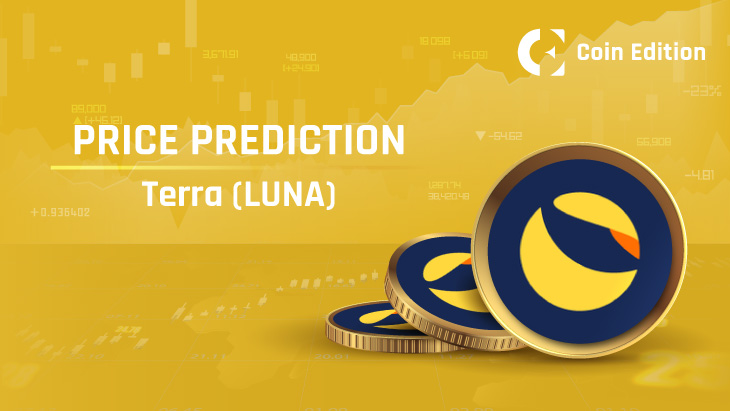- Nigeria is the first African nation to welcome stablecoins innovation with a nod from its SEC
- The stablecoin market is projected to grow exponentially after the U.S. government enacted the GENIUS Act.
- The Nigerian government has pushed back and forth on digital assets regulations over the years.
Nigeria is taking significant steps toward embracing stablecoin innovation, signaling a broader shift in its stance on digital assets. The nation that had earlier restricted the use of cryptocurrency has now embraced digital assets under a regulated framework.
Dr. Emomotimi Agama, Director-General of Nigeria’s Securities and Exchange Commission (SEC), stated the country is open for stablecoins innovation during a speech at the Nigeria Stablecoin Summit in Lagos. The Director emphasized that greater adoption can be witnessed only if investors are protected and that the market integrity remains intact. Additionally, Agama expects the stablecoins market to facilitate the empowerment of the vast Nigerian population, including job creation.
The country has already onboarded some stablecoin firms, but Director Agama did not go into the details. Nonetheless, Director Agama highlighted that the country is keen to enable the country’s stablecoin innovation empowering the African and global markets.
“Africa needs African solutions, regulatory frameworks that reflect our market conditions, demographic realities, and development priorities. The ISA 2025 includes forward-looking provisions for digital asset regulation, which will provide a firm legal foundation for oversight of stablecoins and other digital assets,” Director Agama noted.
Related: Ghana’s Central Bank Initiates Move to Regulate the Crypto Industry
Nigeria Follows the U.S. Path
In the past decade, the Nigerian government has pushed back and forth regarding digital assets regulations. For instance, the Central Bank of Nigeria (CBN) had prohibited banks from enabling crypto-related payments in 2017 but lifted the ban in 2023.
Under the Investment and Securities Act 2025 (ISA 2025), the Nigerian government is keen to facilitate the mainstream adoption of digital assets in a regulated manner. Furthermore, Nigeria has one of the largest populations invested in the crypto space both in Africa and globally.
Notably, the Nigerian government has followed a similar path to the United States, the United Arab Emirates (UAE), and the European Union in regulating the stablecoins market. Reportedly, President Donald Trump enacted the GENIUS Act earlier this month to facilitate the innovation of stablecoins payments.
Market Picture
The stablecoins market has grown to a market cap of $271 billion, led by Tether’s USDT, and Circle’s USDC. With more countries regulating the stablecoins market, more financial institutional investors will develop stablecoins, thus exponentially increasing the industry.
The exponential growth of stablecoins is associated with increased liquidity for the speculative crypto market. As a result, the mainstream adoption of Bitcoin (BTC), Ethereum (ETH), and the wider altcoin market will grow in tandem, especially amid the ongoing 2025 bull market.
Related: Ethena’s USDtb Becomes First Stablecoin With a Clear Path to US Compliance
Disclaimer: The information presented in this article is for informational and educational purposes only. The article does not constitute financial advice or advice of any kind. Coin Edition is not responsible for any losses incurred as a result of the utilization of content, products, or services mentioned. Readers are advised to exercise caution before taking any action related to the company.







